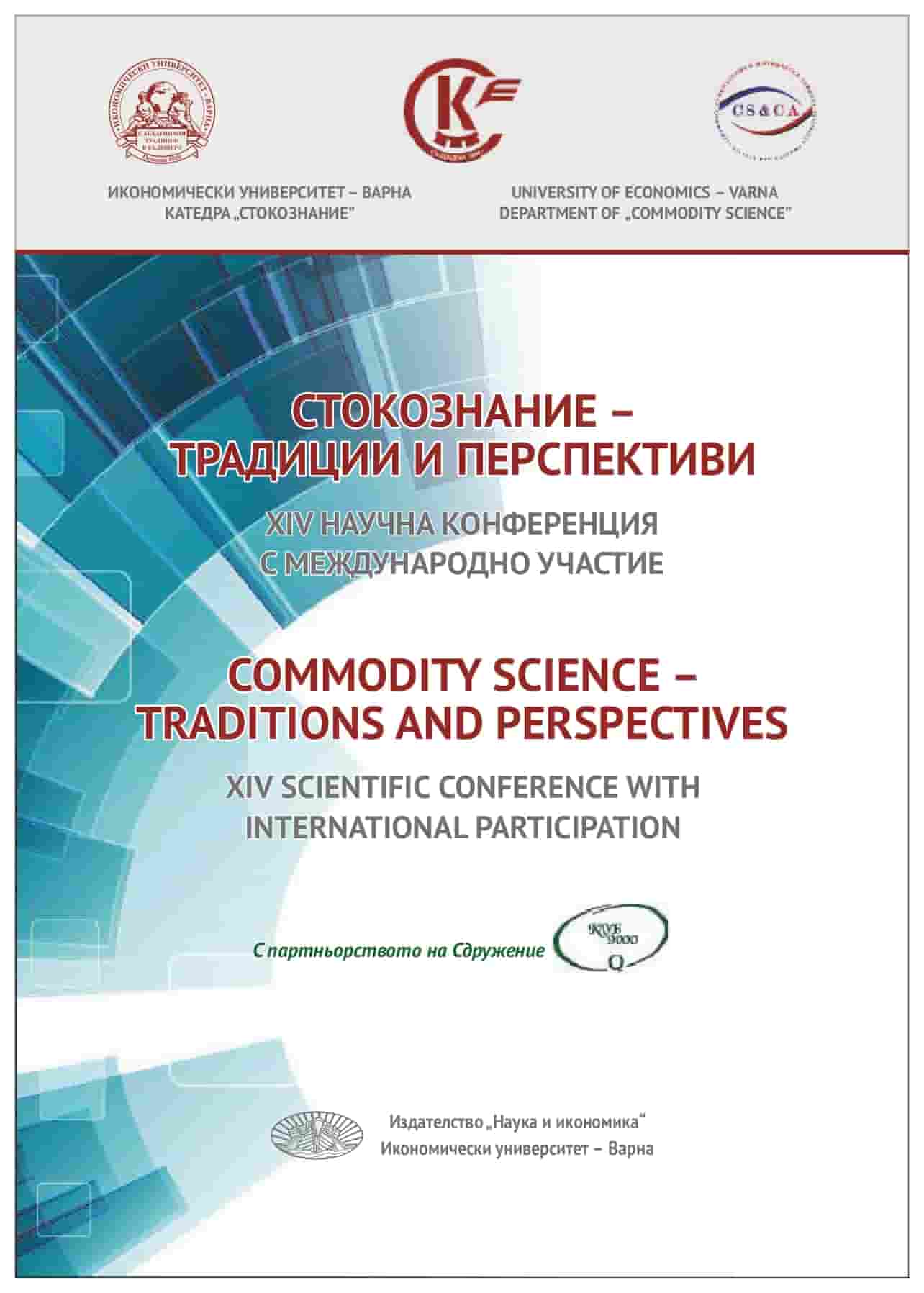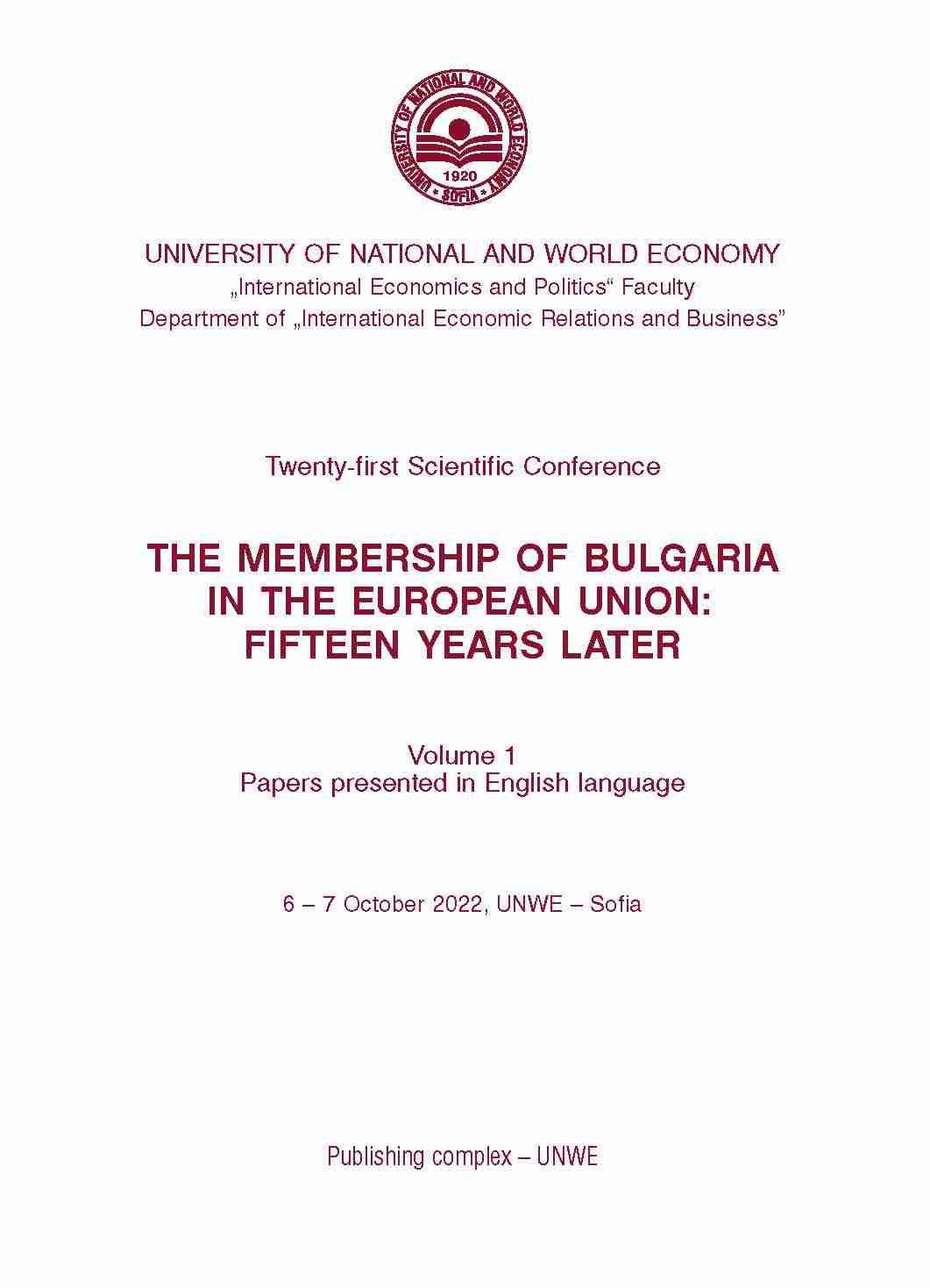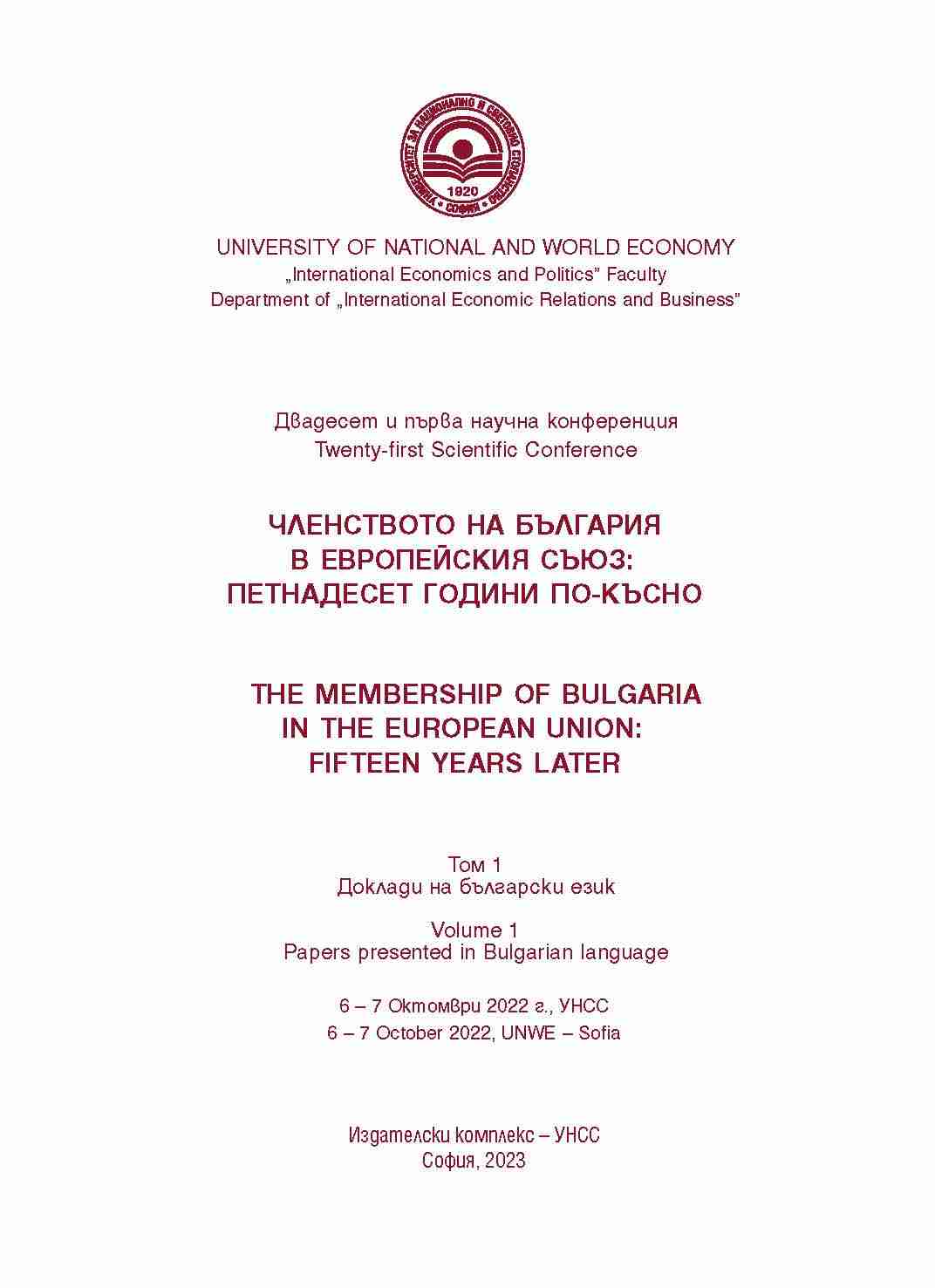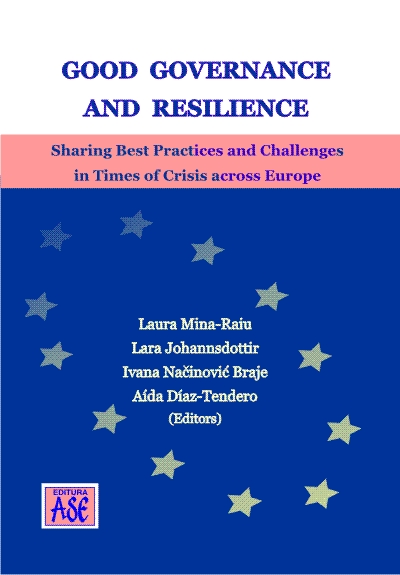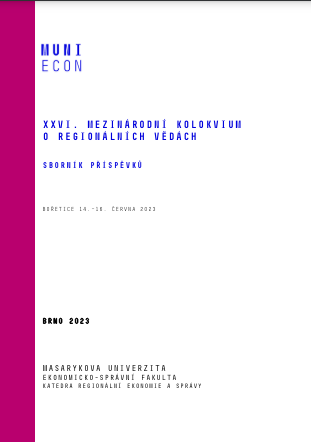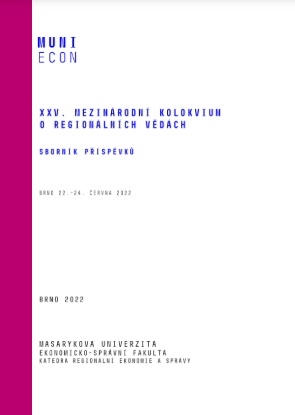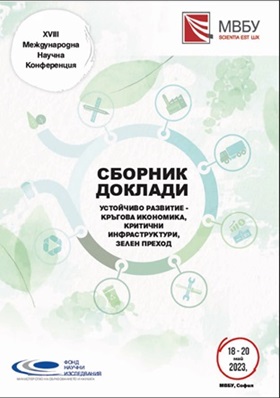
Научноизследователски подход при проучване на туристически дестинации – методи и етапи
The research is based on studies of the tourist potential in several municipalities in Bulgaria, which are still unpopular developing destinations. The aim is to present the individual stages in the scientific research process in the planning and development of a tourist destination and their practical aspect. The study of the opportunities for sustainable development of each of them requires the use of a wide palette of general scientific and private methods: questionnaire surveys, workshops with representatives of the local community and a wide range of interested parties, polling and working with focus groups; use of empirical research methods: method of field observations; camera methods: collecting primary information, processing and analysis of documents. For this purpose, a unified methodology for sustainable tourism development at the local level has been developed, including a methodological research framework, analysis and assessment of tourist resources and attractions, human resources and administrative capacity, infrastructure and material base available to the destination. The individual components are presented as subsystems of the territorial system for recreation and tourism and the study of the interrelationships between them, definition of strategic goals and priorities and proposals for sustainable tourism development. The research thesis declares that the achievement of sustainable development of a tourist destination at the local level is possible only by using a clear methodology and following successive scientific research stages in studying and planning, and to prove this specific examples and good practices approved in several municipalities are shown.
More...
